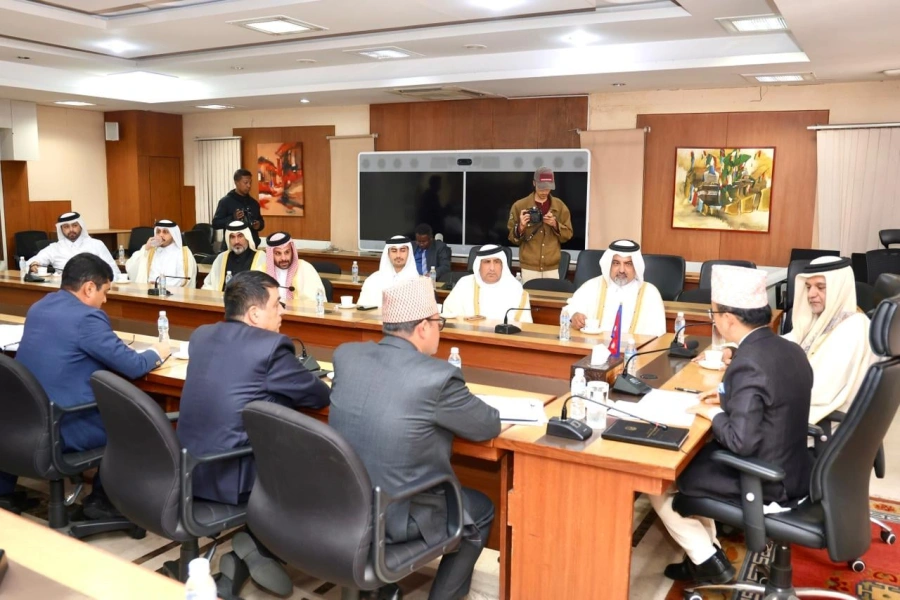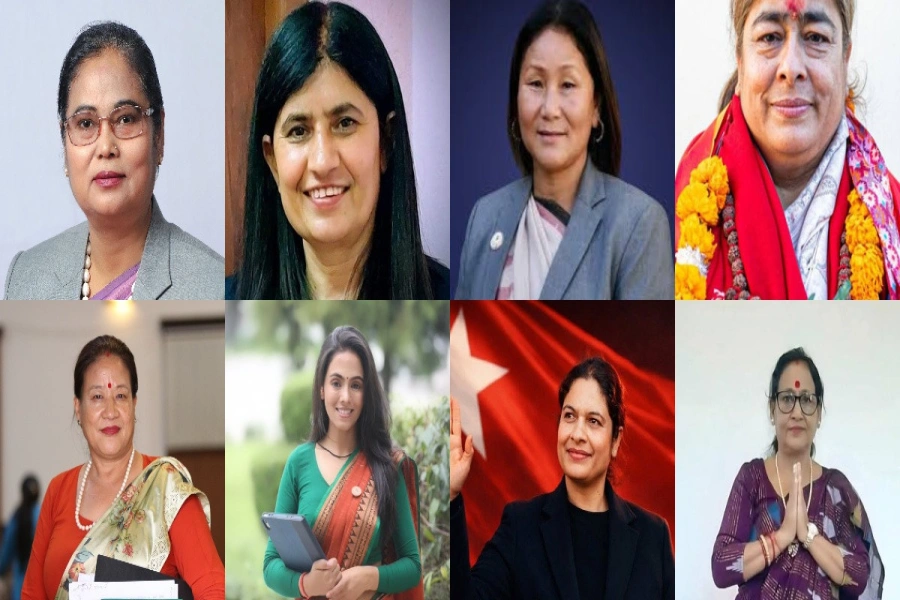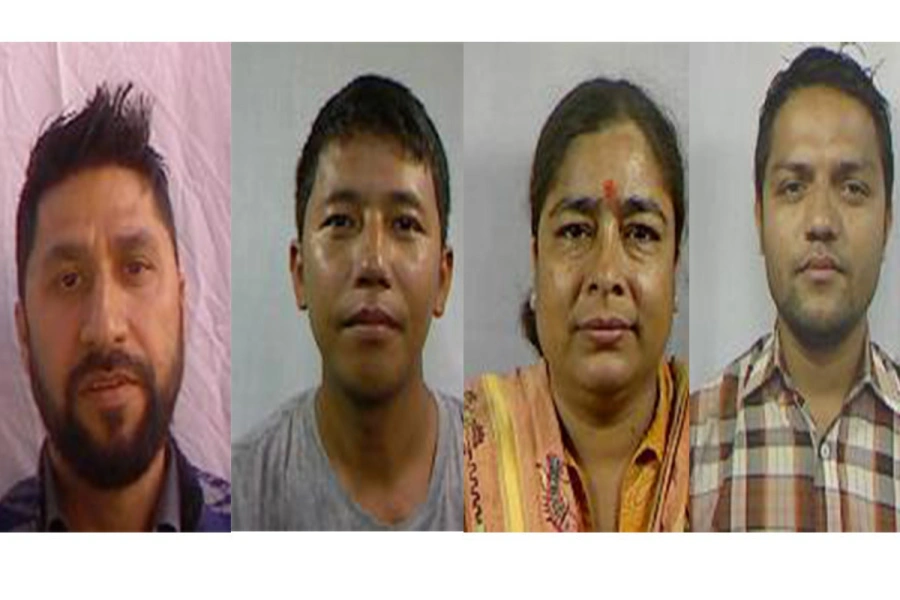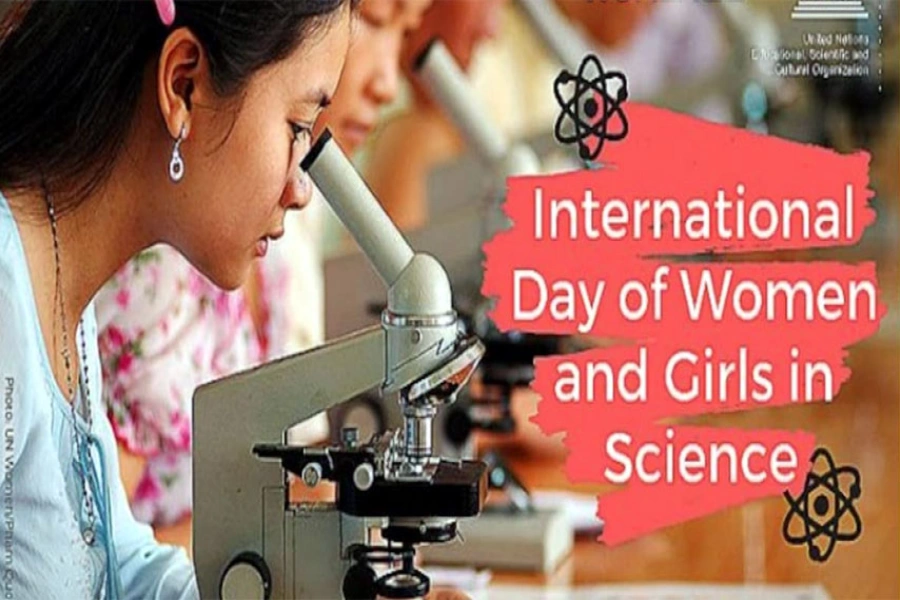KATHMANDU, July 17: It has been a year since the problem began to appear in the country’s external sector. The problems seen since mid-July 2021, the first month of the last financial year, have not been resolved until the beginning of July this year. The problems in some areas are going deeper.
Especially due to the depletion of the foreign exchange reserves in the country, problems have been seen in the external sector of the economy. To reduce the long-standing huge trade deficit, the government has been compelled to put restrictions on a variety of imported commodities. But there was no success. In the last 11 months, there has been a shortage of goods and services for seven months after the reserves have decreased by 18 percent. This is the minimum point for a country with the character of an economy like ours.
The government, which has not been able to solve the problems seen in the external sector of the economy, has also failed to improve things on the internal front. The problems seen so far in the external sector of the economy have now started to be seen in the internal sector as well.
The achievements of the government, which was criticized for not being able to spend the budget since the beginning of the last fiscal year, remained the same till the end. Former Prime Minister KP Sharma Oli has been commenting that he is unable to work, and that the current government's budgetary progress has been seen as the weakest in history.
Responsible children, developed country

Government data of the fiscal year 2078/79, which ended just a day ago, shows that the government is far away from the target set by itself in terms of current and capital expenditures and revenue collection. When the then finance minister Janardan Sharma brought the budget through the replacement bill, he reduced the size of the budget introduced by his predecessor Bishnu Paudel. However, the government has failed to achieve the target.
In the last fiscal year, the government brought a budget of Rs 1.632 trillion. Of this amount, over Rs 378 billion was allocated for capital expenditure. At the end of the year, the government had spent only Rs 216 billion. This is only 57.23 percent of the target.
Last year's expenditure is historically low if we compare it with the years when there were no serious events like earthquakes and COVID-19 in the country. The target set by last year's budget could not be met, even the revised target could not be met. Even though the previous government did not meet the target for capital budget expenditure in a normal year like the present one, they managed to achieve 70-90 percent.
Finance Ministry Spokesperson Dhundiraj Niraula gave half a dozen reasons for the lack of capital expenditure. He said that the capital expenditure target could not be met due to the late unveiling of the budget through the replacement bill, failure of construction professionals to work showing the procurement act, general conventions of the major political parties, local elections and recent price increase.
The government not only failed to increase capital expenditure last year, but also failed to meet the revenue collection target. The budget targeted to collect Rs 1180 billion in revenue but only Rs 1067 billion could be collected. This is 90.64 % of the target. After comparing with the past data, only 90 percent revenue collection is very low. Imports were even higher last year. Looking at the import figures, the revenue collection should be more than the target. The government has been collecting more than 95 percent of the target revenue for a long time.
The then Finance Minister Sharma said that there was a problem in the external sector of the country's economy and that he would adopt frugality in current expenditure. But as he said, there was no significant frugality in current expenditure.
In the past, the government used to make various excuses for not being able to spend. It was said that unstable politics, weak government, lack of authority, lack of law, shutdowns and strikes did not allow them to work.
When capital expenditure decreases, it affects every sector of the economy. When there is a question that the country is not going the way of Sri Lanka due to the weakness of both sectors of the economy, the two main bodies that are responsible for making it viable are at the peak of controversy. Former finance minister Janardan Sharma, who was accused of using middlemen to change the tax rates during the preparation of the current fiscal year's budget, finally had to resign from his post. The Parliamentary Inquiry Committee has started an investigation into the matter. Now the Ministry of Finance is leaderless.
On the other hand, NRB Governor Maha Prasad Adhikari, who is responsible for looking after another important part of the economy, is also surrounded by controversies. He has been widely criticized for being a member in the finance and planning department of the main opposition CPN-UML under the name of M Adhikari. His resignation is also demanded every day. Due to this dispute, the monetary policy of the current financial year has been delayed.
At a time when the economy is in trouble, a conflict between the two bodies is not a good sign for the future. The political parties in-charge of the government should avoid such disputes to the extent possible. If a dispute arises, a solution should be found immediately. Looking at the character of the party leaders, it seems that they give more priority to the interests of their parties than those of the country. If this trend continues, the economy will become more vulnerable.







































